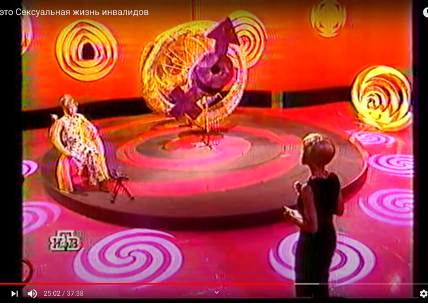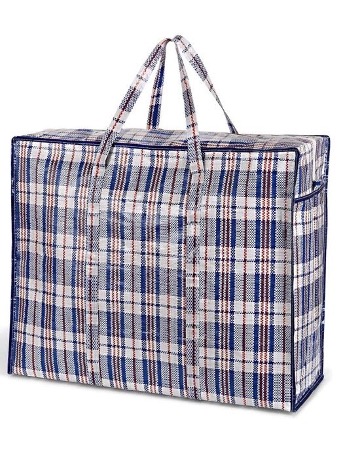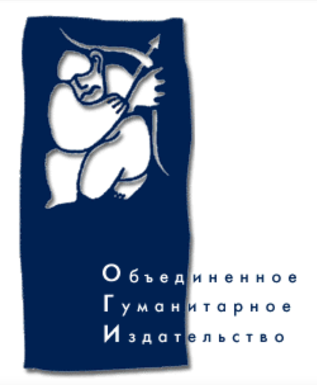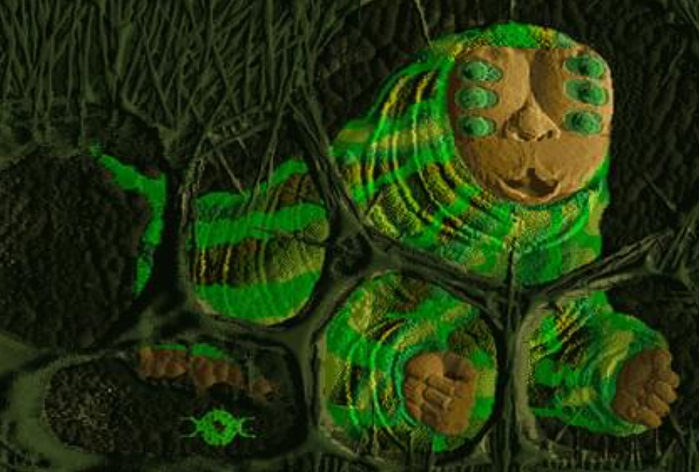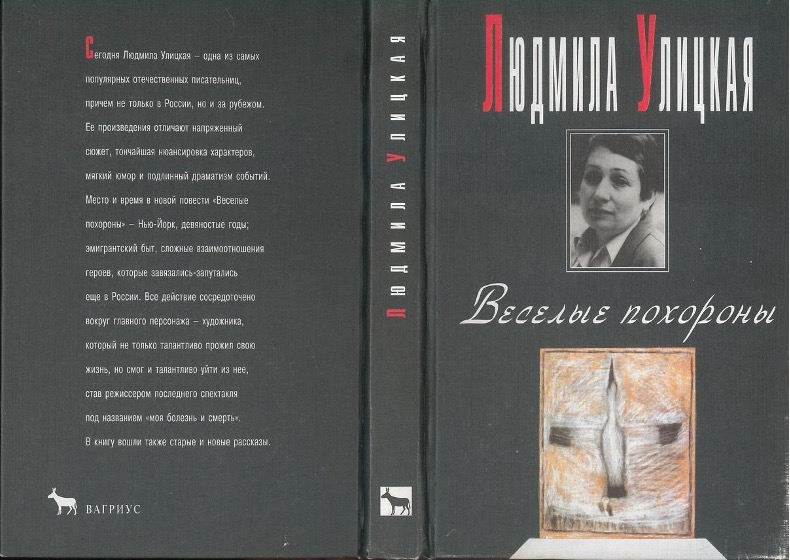Search Results
Search Terms
Results: Displaying Artifact 1 - 6 of 12 in total
Text Containing: 1998
Fields: Human Readable Date
Pro Eto. "The Sexual Lives of the Disabled"
Clip from "Pro Eto," a talk show hosted by Yelena Khanga, which brings together 1990s-era interest in sex with the increasing visibility of disabled people—and the disintegration of state institutions previously entrusted with their care.
Kletchataia sumka, Chelnoki, and Ostap Bender
An entry in “Argumenty i fakty”'s occasional column "Ugolok O. Bendera [Ostap Bender’s Corner]," a reference to Il’f and Petrov’s trickster hero of the 1920s, gave advice to beginning "chelnoki," or small-trade merchants who would travel—some across international borders—to find cheap items and sell them at markups back home. The checkered bag became a symbol of these petty merchants and of the hand-to-mouth experience of living in the 1990s.
Project O.G.I.
A literary club founded by the United Humanitarian Publishers (OGI) in 1998 in the apartment of journalist and music critic Dmitrii Olshansky (1978-), Proekt OGI represented one of the more successful attempts to reclaim the late-Soviet underground in the new, post-Soviet, capitalist world.
Parfenov’s “Namedni” as memory work in the 1990s
“Namedni” (Recently), Leonid Parfenov’s project dedicated to recent history, was one of the most successful shows of the 1990s. Eschewing big narrative arcs, the program highlighted the past as a collection of memory sites—in this case, exploring the origins of the “New Russian” in 1991.
K-D Lab, "Vangers: One for the Road," 1998
Vangers: One for the Road, a cult video game merging the racing and role-playing genres, introduced Russia's game designers to independently minded gamers.
The Black Series from Vagrius
The book series “Contemporary Russian Prose” or the “Black Series,” published by Vagrius—one of post-Soviet Russia’s most successful commercial publishers—made bestsellers out of literary prose.
